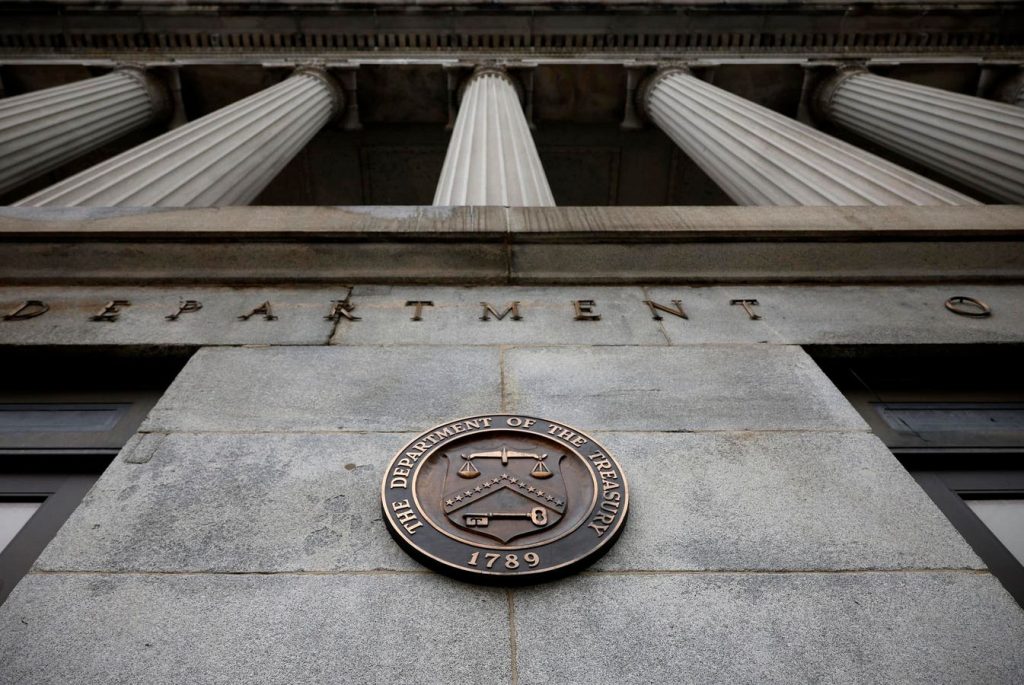A second lawsuit challenging the Corporate Transparency Act (CTA) has been filed in a Michigan court, this time by the Small Business Association of Michigan (SBAM) and other plaintiffs. The legal challenge seeks declaratory judgment and injunctive relief against the U.S. Treasury. This comes after a similar case was filed earlier this month in Alabama, where the CTA was found unconstitutional by U.S. District Judge Liles C. Burke. The Alabama ruling resulted from a lawsuit filed by the National Small Business United (NSBA) and bars the U.S. Treasury from enforcing the CTA against NSBA members. However, the federal government has since appealed the case.
The CTA was passed by Congress in 2021 as part of the National Defense Authorization Act for Fiscal Year 2021, requiring certain companies to file reports identifying beneficial owners with FinCEN. The goal of the CTA is to enhance national security, intelligence, and law enforcement efforts to combat money laundering, terrorism financing, and other illicit activities. Reporting companies can include domestic companies or entities formed under the law of a foreign country registered to do business in the U.S. The law officially began accepting beneficial ownership reports on January 1, 2024.
The SBAM, along with other plaintiffs, filed a lawsuit against Secretary of the Treasury Janet Yellen, the Treasury Department, and the Acting Director of FinCEN. The plaintiffs argue that the CTA imposes significant burdens, especially on small businesses, as the reporting requirements primarily target small businesses with over 20 employees and $5 million in annual gross receipts. The plaintiffs claim that compliance with the CTA could cost small businesses billions of dollars annually, making it an unconstitutional burden.
The plaintiffs argue that the CTA treats law-abiding citizens like criminals, collects private information that can be used against them, and creates confusion due to vague rules that carry criminal penalties. They also claim that the CTA requires small businesses to report more information than is typically needed at the state level, placing an extra burden on small businesses. The SBAM and other plaintiffs argue that the CTA is an overreach of power and is unconstitutional.
The plaintiffs are seeking declaratory judgment and injunctive relief to stop the U.S. Treasury and other government agencies from enforcing the CTA. Declaratory judgment allows parties to seek resolution in cases of legal uncertainty, while injunctive relief aims to prevent harm from occurring. The SBAM and other plaintiffs hope that the judicial system will correct what they view as an unconstitutional and burdensome law.
SBAM, a statewide association representing over 32,000 small businesses in Michigan, is leading the lawsuit along with the Chaldean American Chamber of Commerce and business owners affected by the CTA. They argue that the CTA creates unnecessary administrative and financial burdens on small businesses and could unintentionally turn millions of people into felons for non-compliance. The case is titled Small Business Association of Michigan et al v. Yellen (1:24-cv-00314) and is filed in the District Court of Western District, Michigan.


